Putin’s war plan for 2024 is a giant gamble
Switching Russia’s economy to all-out conflict in Ukraine requires an urgent response from the West, and could spell disaster for Vladimir Putin.
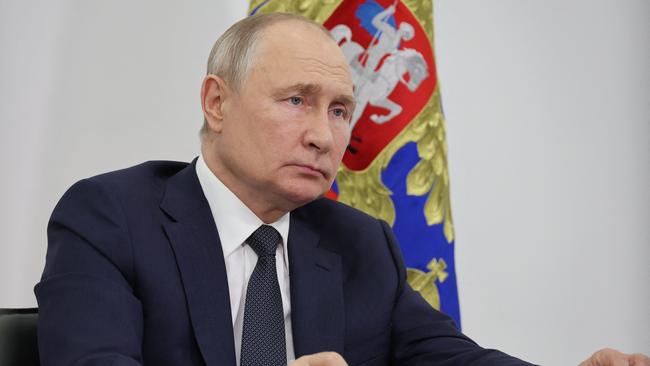
There is a silly question bouncing around the geopolitical talking shops: is Vladimir Putin winning? It’s about as illuminating as asking who’s winning after a couple of overs of a cricket match. It matters hugely, of course, how long Putin’s war against Ukraine will last. Analysis of 75 years of data compiled by Uppsala University showed recently that “when interstate wars last longer than a year, they extend to over a decade on average”.
That dismal finding could well apply to the current war in the east, and who could say now whether Putin will come out alive from an elongated version of this conflict, let alone victorious? Only one thing is certain: the Russian leader is sufficiently rattled to be hatching a significant rebrand of the war next spring. The supposed special military operation, the limited war, is set to be transformed into a general Russian mobilisation, an all-hands-on-deck attempt to expose cracks in Ukrainian resistance.
That’s not the action of a leader who believes victory to be already in the bag. And it involves a high degree of domestic risk. Crucially, the move is being timed to follow the Russian presidential elections in March, which Putin’s propaganda machine will turn into a vote of unblinking national confidence in their war leader.
The original assumption that Russians would remain apathetic about the invasion of Ukraine no longer holds. There are higher levels of engagement and anxiety, broad fears about a future that unites the West against Russia.
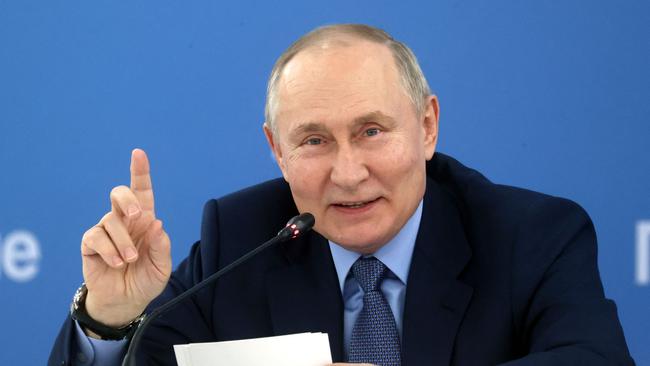
So Putin has been breaking the news piecemeal to Russians that their society is heading for wholesale militarisation. First came a record increase in next year’s defence budget, which is set to swallow a third of the national budget. The last time Moscow spent so much on defence was in 1990, a year before the Soviet Union collapsed. It is being justified with the rhetoric of the Second World War, when the slogan justifying national sacrifice was: “Everything for the front, everything for victory.”
To pay for an enhanced military, child healthcare will be halved, and social spending and science funding put on the back burner. In return: more men, more ammunition, more firepower. Salaries have already been pushed up for volunteer soldiers, close to four times the monthly average in the provinces. They also get a month’s salary bonus on signing up and, if they are killed after five months’ service, their families can expect to become well-padded rouble millionaires. It could be an economically astute decision to get killed in action.
Putin’s victory, if it comes, will be on the basis of mass, the ability to replenish forces lost in attritional warfare. It is perhaps his clinching advantage over the Ukrainians and one that comes only with general mobilisation; throwing convicts on to the battlefield is a cynical cost-benefit calculation that does no more than slow the pace of war.
But the Putin push is about more than manpower on the battlefield. It’s about turning the economy into a war economy, nationalising the military supply chain, bringing state planning back into the defence sector. There hasn’t been such an upheaval in the military establishment since 1941 when, surprised by the German attack, Stalin uprooted the arms industry from vulnerable western Russia beyond the Urals into Siberia.
Here is how it could all begin to go wrong. The draft is already creating severe labour shortages in the civilian economy. Now the military-industrial complex is suffering the same problem. Arms factories used to poach civilian workers because you could get exemption from the call-up. That is becoming more difficult: the expanding defence industry, which employs about two million engineers and other workers, is now short of 400,000. The largest tank factory in the country, Uralvagonzavod, is again having to recruit convicts from penal colonies in the Sverdlovsk region.
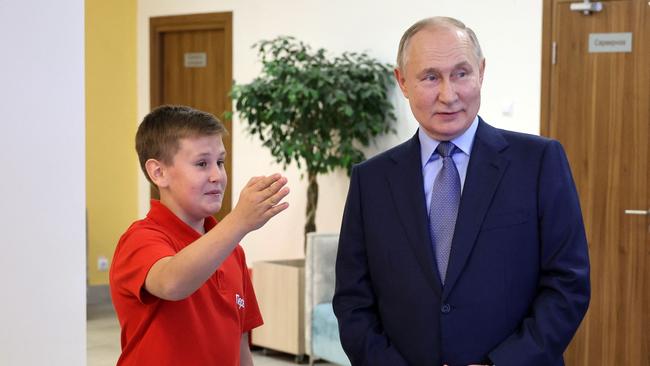
Those who run these plants are becoming powerful figures, on a par with other securocrats such as the heads of the intelligence services. The old-school oligarchs, who shudder at the nationalisation process, are being marginalised. It’s all about the war effort now, and only a very few are getting a hearing in the Kremlin.
If there is to be an internal shift against Putin it will come out of dogfighting between sections of the business elites, the security services and the new heavyweights in the arms industry. And the trigger could come in the form of a sensational defeat on the battlefield that can’t just be pinned on a sleepy or burned-out general. There has to be a catastrophic collapse in confidence in Putin as a military leader. A loss of faith in him not only on the part of elites but also on the streets and perhaps even in China.
Putin is gambling too much on a Trump presidency or at least on a more isolationist US administration. Betting, too, on war fatigue in Europe. A spring and summer assertion of military might, he seems to calculate, will lead to western pressure on Kyiv to sign up to a patchwork peace. He thinks he is on the road to victory. It is Nato’s duty to thwart him.
That means arms deliveries: long-range weapons to loosen Russia’s grip on Crimea, trouncing arms factories behind Russian lines. Also: the building of reserves capable of mounting imaginative ambushes and keeping Russia under pressure. Drones, electronic warfare, training in combined operations - these are the ingredients that could cost the Russian army its reputation. Above all, Putin must be convinced of the unwinnability of what should become his last war.
THE TIMES

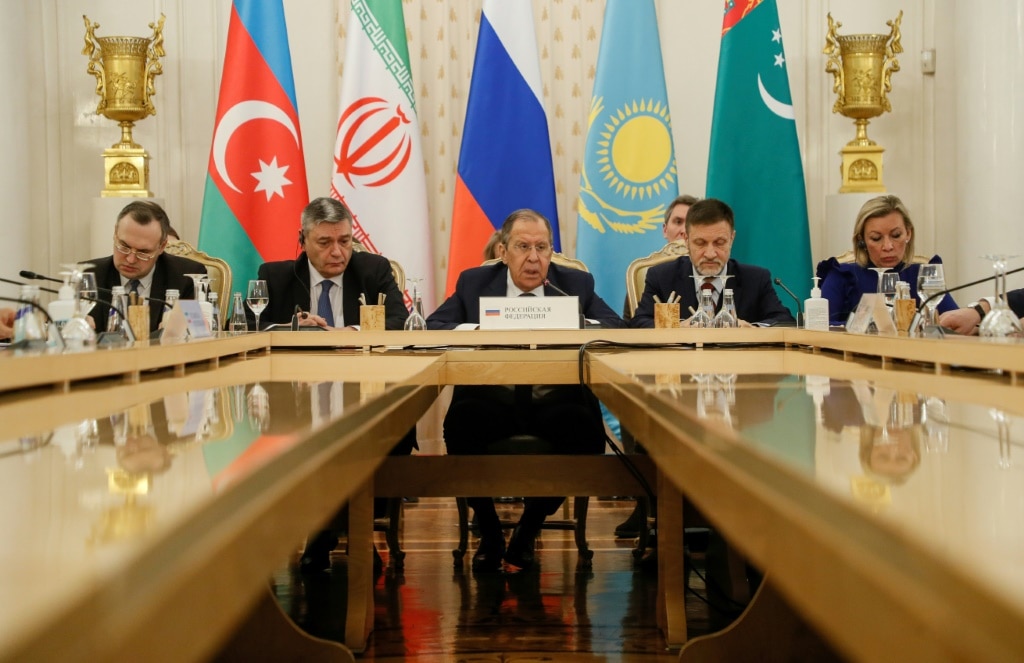

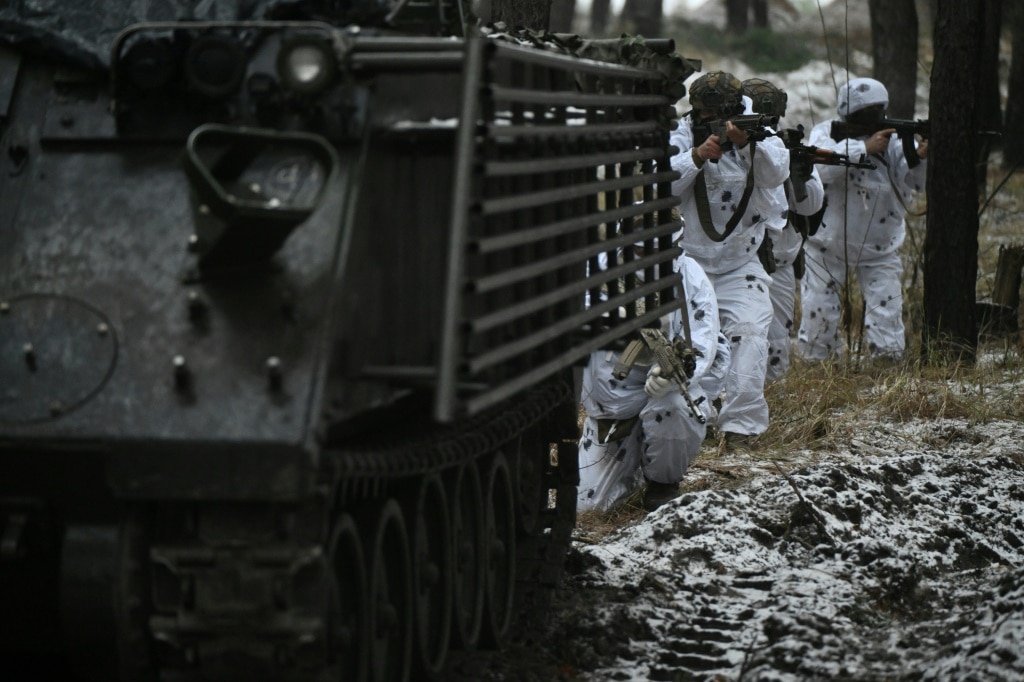


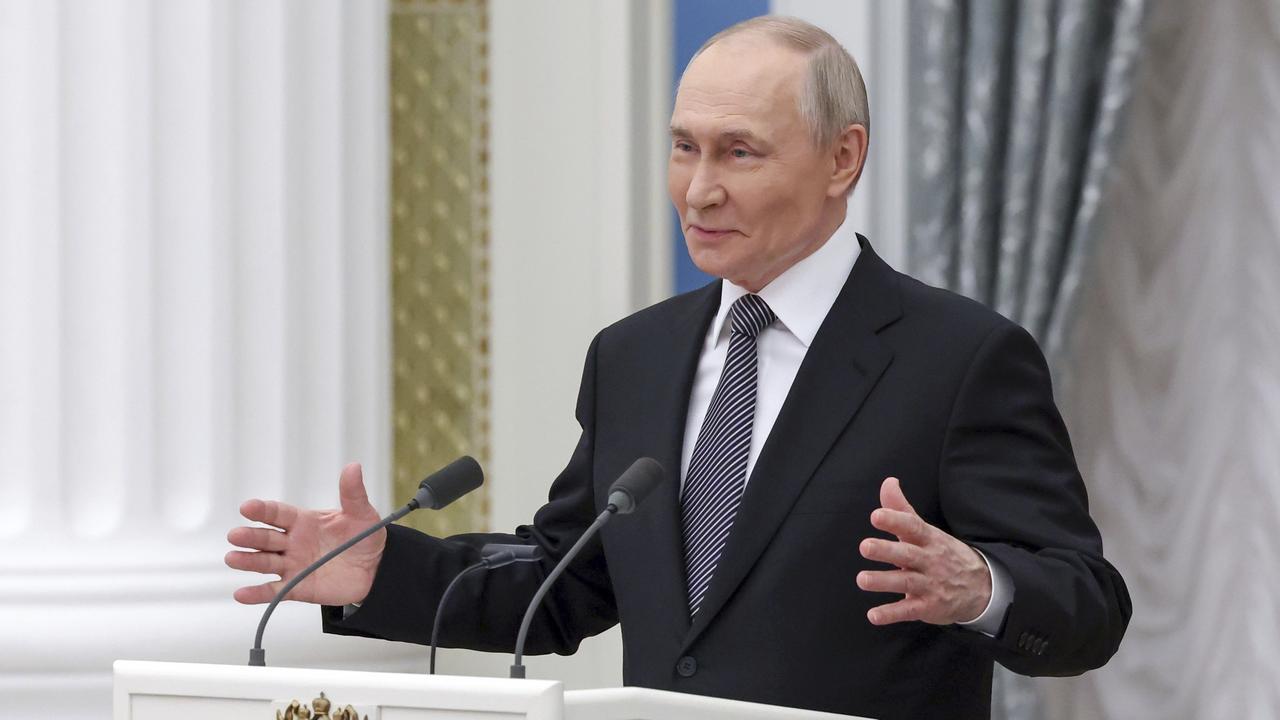
To join the conversation, please log in. Don't have an account? Register
Join the conversation, you are commenting as Logout